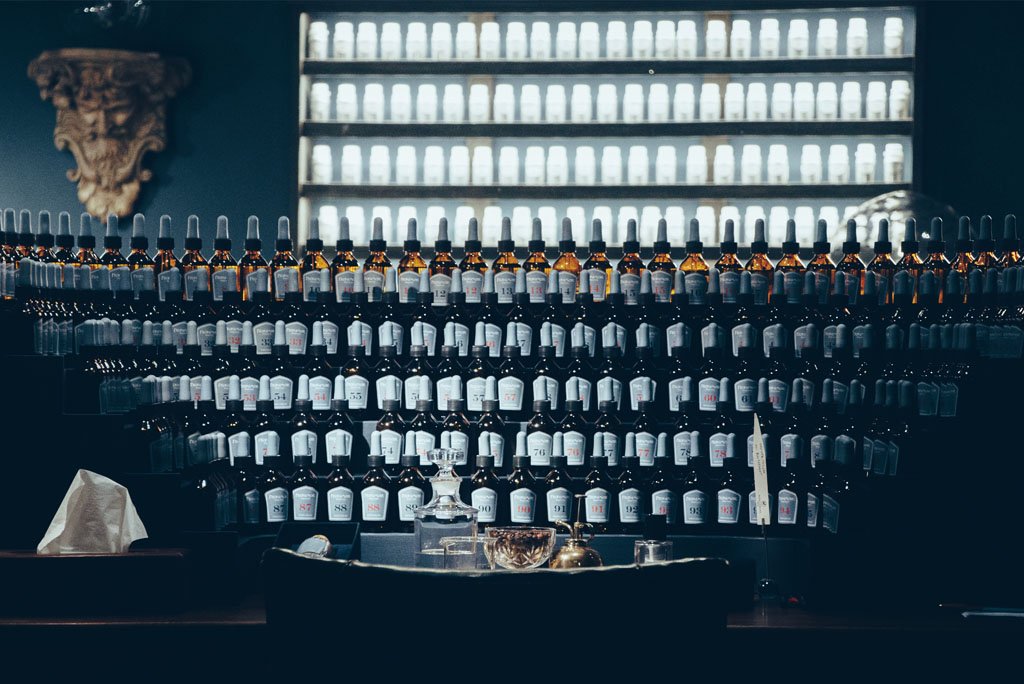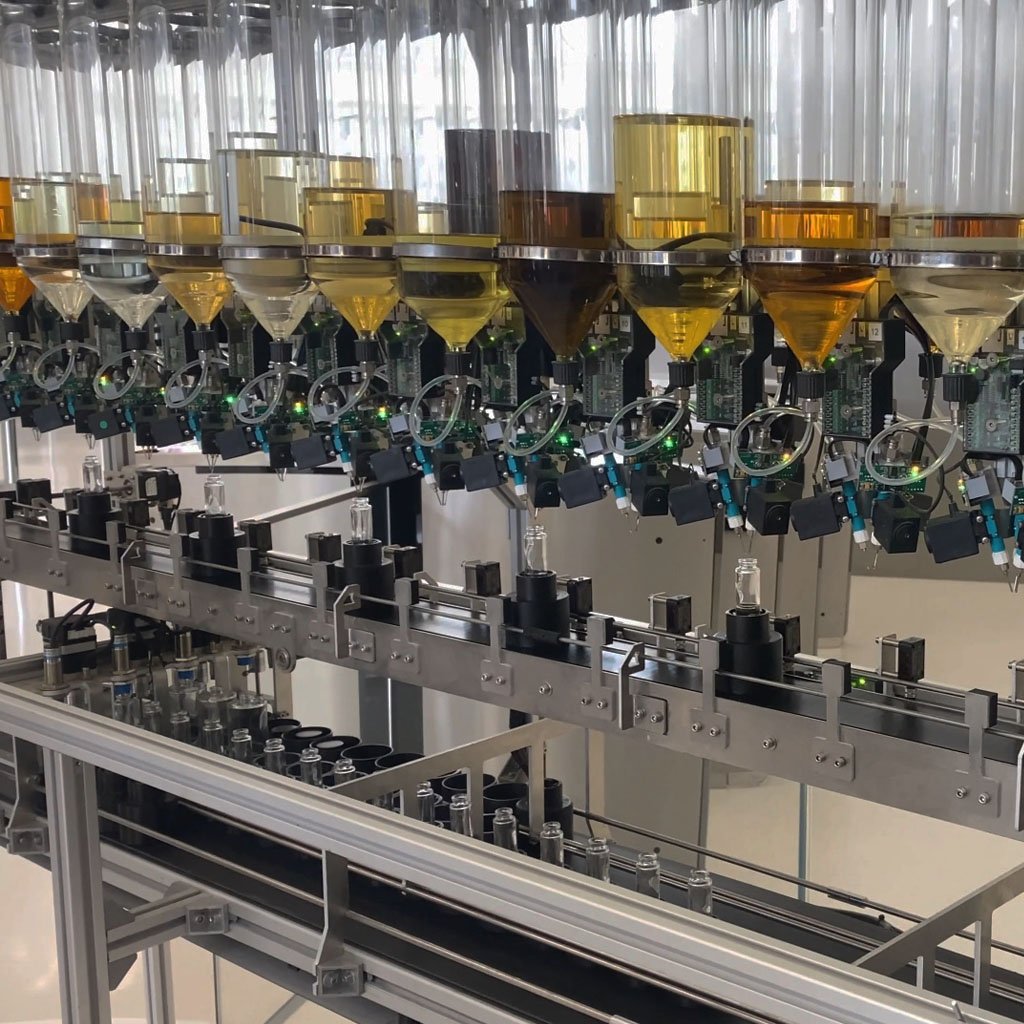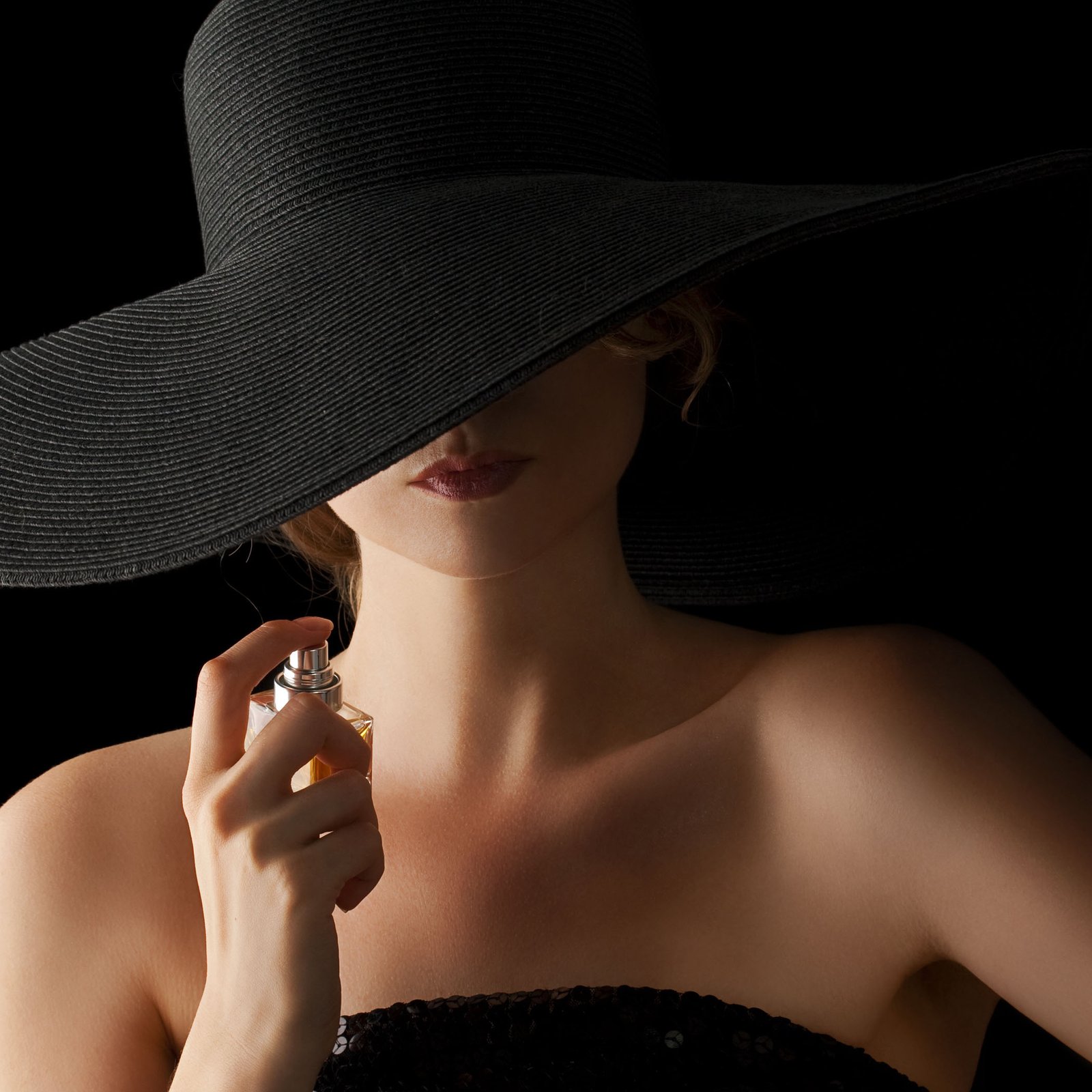
👀 (33558)
Introduction
Perfume factories are mysterious places where scents are created and bottled. But what goes on inside these factories? How do perfumers create new scents? And what does it take to get a perfume from the factory to the shelves of your local store?
In this article, we’ll take an inside look at the world of perfume factories. We’ll explore the history of perfume-making, the process of creating new scents, and the business of selling perfume. You’ll also learn about the different types of perfume factories and the people who work in them.
So if you’ve ever wondered what goes on inside a perfume factory, read on!
What goes into making a perfume?
The process of creating perfumes starts with the perfumer. A perfumer is an expert who is trained in the art of creating and blending scents. They are able to take a variety of scents and combine them to create a unique scent.
The perfumer begins by selecting ingredients and scents to use in the perfume. They might choose essential oils, artificial fragrances, and aroma chemicals. Each of these ingredients has its own distinctive scent, and the perfumer is able to combine them to create a unique scent.
Once the perfumer has selected the ingredients, they will begin to blend them together. They will use a variety of techniques to achieve the desired results. These techniques can vary from perfumer to perfumer, and even from perfume to perfume.
Once the perfume is blended and the scent is perfected, it is ready for bottling. The perfume is then put into bottles and sent to stores, where it can be purchased by consumers. The entire process starts with the perfumer and ends with the consumer, making the perfume factory one of the most mysterious places in the world.
The role of scent in our lives
The sense of smell is closely linked to our emotions and, by extension, our actions. We are drawn to scents without being aware of it, and it influences our mood, behaviour, and even our perception of people and places.
Scent is a powerful factor in our everyday lives, and the perfumers in the perfume factories understand this. They carefully craft scents that capture the desired emotion or essence of a product, using a variety of ingredients and techniques.
The perfumers also consider the psychology of scent. Scent has the power to evoke memories, transport us to a different place, or even make us feel a certain emotion.
Perfumes and scents also create an identity. Think of how consumers associate certain scents with certain brands – when you smell a particular scent, do you instantly think of a certain product?
By incorporating strategies that utilise scent, the mysterious world of perfume factories create multifaceted scents that evoke emotion, capture memories, and create a unique identity for products.
A look at how perfume is made
Perfumes are one of the oldest kinds of fragrances and have been around for thousands of years. They are designed using various techniques, making the creation of perfume a very complex process.
Perfume is typically made from natural materials such as flowers, herbs, and spices. These materials are combined and heated to create the desired scent. The perfumers also may add synthetic materials to make a specific scent.
The materials used in combination with each other to create the unique scent depends entirely on the perfumer. Each perfume is made in a very specific way, depending on the individual perfumer’s techniques and preferences.
The core elements of a perfume are aromatic compounds called essential oils. These are blended with solvents to create the desired scent. The scent is then blended with various additives to create the final perfume that we know.
The scent of a perfume is important to consider, as this will help you create a lasting impression with the perfume that you are buying. It is important to test perfumes on skin to get an accurate impression of the scent.
The history of perfume
The history of perfume dates back to the earliest civilizations, when it was used for religious ceremonies and as a palliative for ailments. Ancient Egyptians were believed to be the first to make perfumes, using botanicals and resins such as frankincense, myrrh, and cardamom. In the centuries following, these techniques were expanded upon by the Greeks, Romans, and Persians.
In the Middle Ages, Muslims developed perfume formulas with an array of complex ingredients. These ranged from flower petals, herbs, spices, and other natural materials, to herbal and mineral extracts. The perfume industry has come a long way since then.
Today, perfume is used to evoke moods and emotions, and to make statements about the wearer. Many modern perfumes also go beyond the use of simple scents, and incorporate a whole range of notes, consisting of different phases that can be experienced over time.
The science and technology behind making today’s perfumes is incredibly advanced, utilizing complex processes that involve cutting-edge technology. From the selection of the raw materials, to the precision formulating of synthetic oils, to the addition of various chemicals and base notes, a wide range of expertise is involved in the creation of modern perfumes.
How to choose a perfume
Choosing the right perfume can be a difficult task. It’s often hard to know what type of fragrance will work best with your natural body chemistry, and there is so much on offer. To make it easier, here are a few tips on how to choose the perfect perfume.
• Consider your personal style: Think about your personality, style and the type of occasions you need a perfume for. Do you prefer something light and fresh or something more sensuous and exotic?
• Know the different types of fragrances: Fragrances can be divided into main scent families such as floral, oriental and woody. Becoming aware of these will help you decide which types of perfumes you like best.
• Understand perfume-foci: Perfumes have a main focus, such as berry, lemon, rose, and musk, providing you with a greater level of control when it comes to choosing a specific scent.
• Consider the notes in a perfume: Most perfumes will have top, middle and base notes. Top notes tend to be sharp and evaporate quickly, while base notes linger the longest. A mix of different notes will create an exciting scent.
• Test it: When choosing a perfume, it’s important to test it to see if it works with your natural body chemistry. Spritz some on your wrists and take an hour or two to notice how it smells.
The future of perfume
The perfume industry is constantly innovating, with inventors and scientists working tirelessly to discover new perfume technologies. In the future, perfumes will become even more diverse and personalised, allowing consumers to mix and match bases and top notes to create a scent that is truly tailored to them.
Apart from this, the production of perfumes will also become more social and sustainable. Many luxury brands have released vegan fragrances, which are produced without animal by-products, and many factories are beginning to use more eco-friendly techniques, like cutting down on the use of plastic packaging.
In addition, artificial intelligence has already started to revolutionise the industry, helping brands to tailor the creation of fragrances to the likes of the consumer. AI-powered systems can take into account the needs of the individual, analysing their preferences based on personalised factors such as age and gender. This could lead to more customised, artisanal scents being created.
The future of perfumes will be an exciting one, with all these advancements bringing personalisation, sustainability and creativity to the world of fragrance.





One comment
Very interesting info!Perfect just what I was searching for!Blog monry